
Further Expansion IN VICTORIA























s New Zealand's population ages, it is crucial that as a society we take all measures to protect one of the most vulnerable groups. Beneath the surface of respect and care lies a dark reality: elder abuse. This insidious issue quietly festers, often concealed within the shadows of family dynamics and societal norms. As we approach World Elder Abuse Awareness Day on 15 June, it's important to spotlight this issue.
Elder abuse encompasses various forms of mistreatment inflicted upon older adults, including physical, emotional, financial, and even neglectful acts. Despite its prevalence, elder abuse often goes unnoticed or unreported, perpetuating a cycle of suffering and silence. Within the confines of familial relationships or caregiving settings, abuse can manifest in subtle ways, making it challenging to detect.
Physical abuse leaves visible scars, but the wounds inflicted by emotional or financial abuse run deeper, eroding the very essence of an individual's well-being.
Often, it is financial exploitation that is the unseen underbelly of elder abuse, robbing older Kiwis of their financial security.
Elder abuse knows no boundaries, affecting individuals across socio-economic backgrounds, cultures, and communities. Its prevalence underscores the urgent need for awareness and action.
World Elder Abuse Day reminds communities, organisations, and policymakers to work together to combat this issue through education and advocacy. By raising awareness, challenging ageist stereotypes, and fostering inclusive communities, we can work towards a future where every elder is cherished, respected, and free from harm.
In the words of Mahatma Gandhi, "The true measure of any society can be found in how it treats its most vulnerable members."
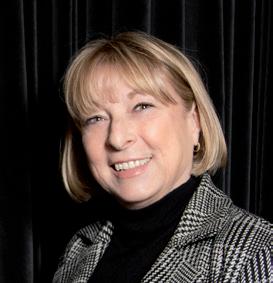
Tania Walters, tania@reviewmags.com
PUBLISHER: Tania Walters
GENERAL MANAGER: Kieran Mitchell
EDITORIAL DIRECTOR: Sarah Mitchell
EDITOR-IN-CHIEF: Caitlan Mitchell
EDITORIAL ASSOCIATES: Sam Francks, Jenelle Sequeira
ADVERTISING SALES: Caroline Boe
SENIOR DESIGNER: Raymund Sarmiento
GRAPHIC DESIGNER: Raymund Santos

6 Village News
10 BUDGET 2024: Aged Care Compared Overseas
The recently released budget by the New Zealand Government has supplied the health sector with the first instalment of a significant funding boost of NZD 16.68 billion across three consecutive years.
12 Cybersecurity Awareness
As advertised by every bank, the rate of seniors scammed online has skyrocketed, creating an urge for awareness around the issue.

16 Bringing Energy and Fun to Waireka Lifecare
An unlikely introduction at a Zumba class is how Dana Field landed her dream job in aged care.
18 Altura’s New CEO
Altura Learning, leading provider of high quality training solutions for the aged care sector, announced earlier this year the appointment of Paul Goudie as its new Chief Executive Officer (CEO), effective April.
20 Distinctive Style and Comfort
Uniforms have the ability to affect various aspects of aged care, whether it’s as a form of communication between nurses and residents, or for practicality when on the job.
22 Disease Linked to Weather Outbreak
A recent study by the Public Health Communication Centre Aotearoa has investigated the connection between severe weather events and clusters of the gastrointestinal disease cryptosporidiosis in New Zealand.
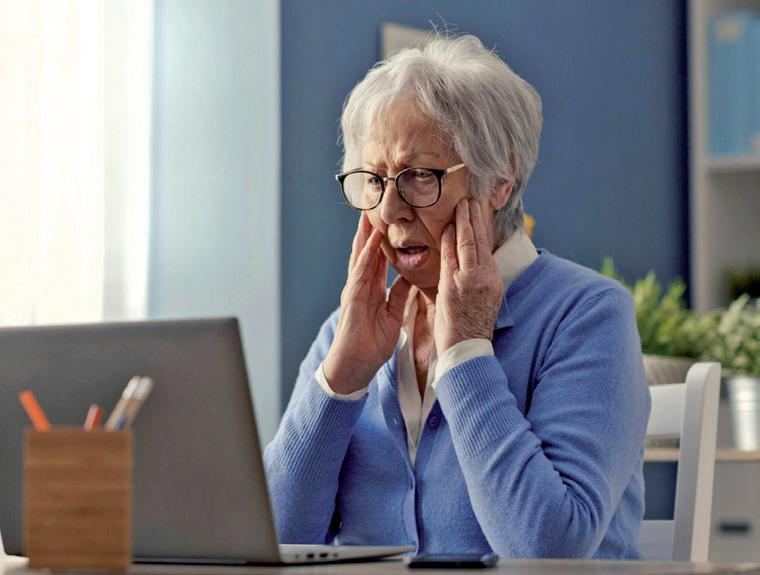


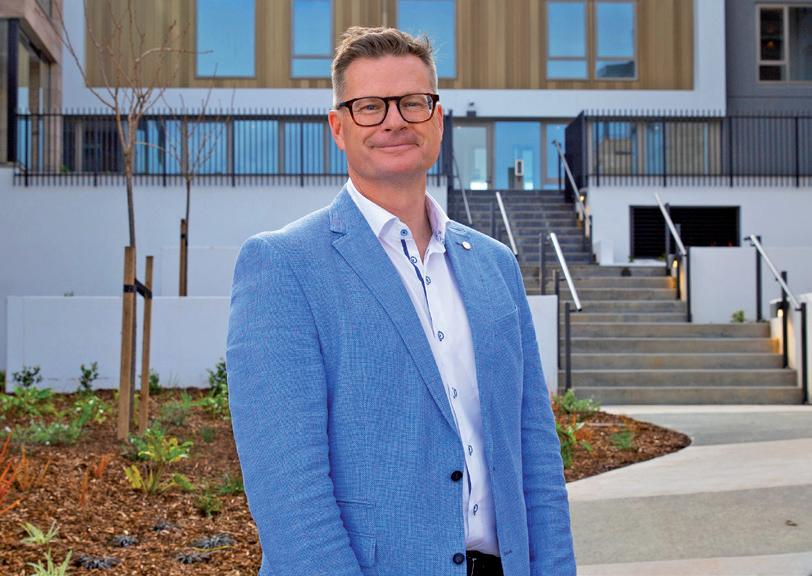
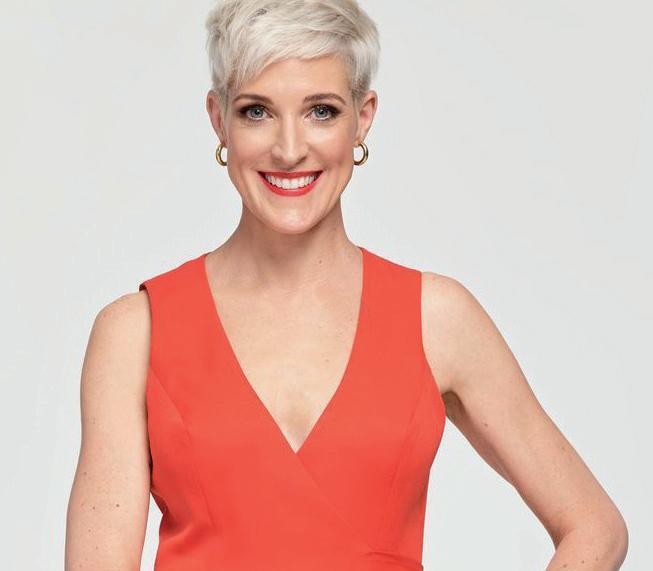
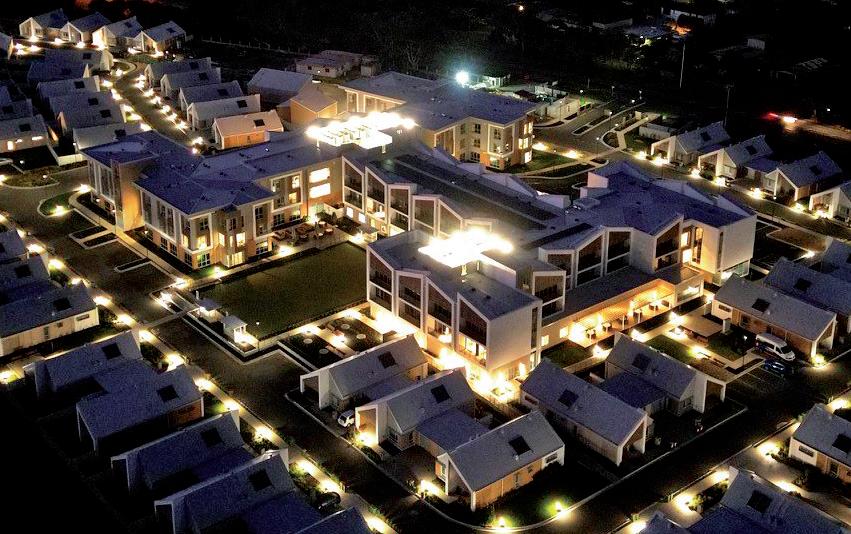
24 Keeping Seniors Healthy
With the global population aging, it has become increasingly vital to ensure that seniors can maintain a healthy lifestyle both in the aged care system and in their own homes.
26 Meet The Chef Charles Pihera
The Helier in Saint Heliers is Oceania’s latest premium retirement and aged care development. In this lavish complex, residents have access to the finer things in life at their fingertips, including the best culinary creations to feast upon.
28 Faces of Jo Stanley
Leading retirement living and aged care provider Ryman Healthcare is launching a podcast that explores some of the burning issues Australians face as they age.
30 Faces of Janice Baker
For Gisborne local Janice Baker, her first and last working roles have been within the aged care sector.
32 Further Expansion in Victoria

Ryman Healthcare has announced it has purchased additional land beside its award-winning Deborah Cheetham Retirement Village in Ocean Grove, Victoria. The retirement living and aged care provider, which has eight operational villages in the state and six more in development, has purchased a 2.02ha site at 11-25 Trethowan Avenue beside the village, with plans to build a further 58 independent living villas.
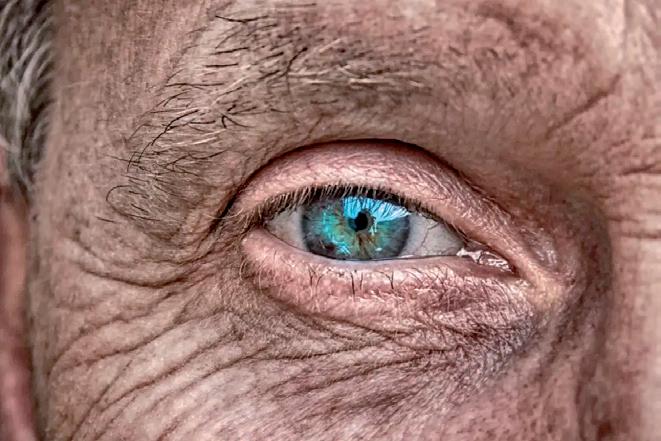
The Coalition Government is ignoring the needs of older New Zealanders, particularly those with dementia, said the kaitiaki of the Dementia Mate Wareware Action Plan.
Budget 2024 contained nothing
of significance to support the health needs of older New Zealanders, who are the largest users of the underpressure health system, and who regularly fall through the cracks of a fragmented service that makes accessing consistently good care very difficult, says chief executive of Alzheimers NZ, Catherine Hall. She was speaking on behalf of the co-authors of the Dementia Mate Wareware Action Plan, Alzheimers NZ, Dementia NZ, the NZ Dementia Foundation and the Mate Wareware Advisory Rōpū.
Read more here
Lithuania | KTU's new food technology set to transform senior care in nursing homes.
Dehydration is one of the main problems faced by many older people due to psychological, cognitive, and swallowing disorders affecting their ability to eat and drink independently. Kaunas University of Technology (KTU) scientists are developing a special food product to reduce the risk of dehydration and fatal choking. Soon, the product will be available to seniors.
"This innovation is a one-bitesized food product coated with a membrane that easily dissolves in the mouth but is difficult to break

down with fingers," said Daiva Leskauskaitė, a professor at KTU Faculty of Chemical Technology. Read more here

Uber's new hotline set to improve rideshare accessibility for older Kiwis. In a commitment to improving access to transportation options for older Kiwis, Uber has announced the launch of a new phone-call based booking service that allows Kiwis to book rides simply by dialing 0800 GO UBER. The newly launched phoneline service has been developed to enable greater accessibility and support mobility and connection for seniors. New research commissioned by Uber discovered that 77 percent of Kiwi seniors over 65 feel more confident booking a service via a phone.
Read more here
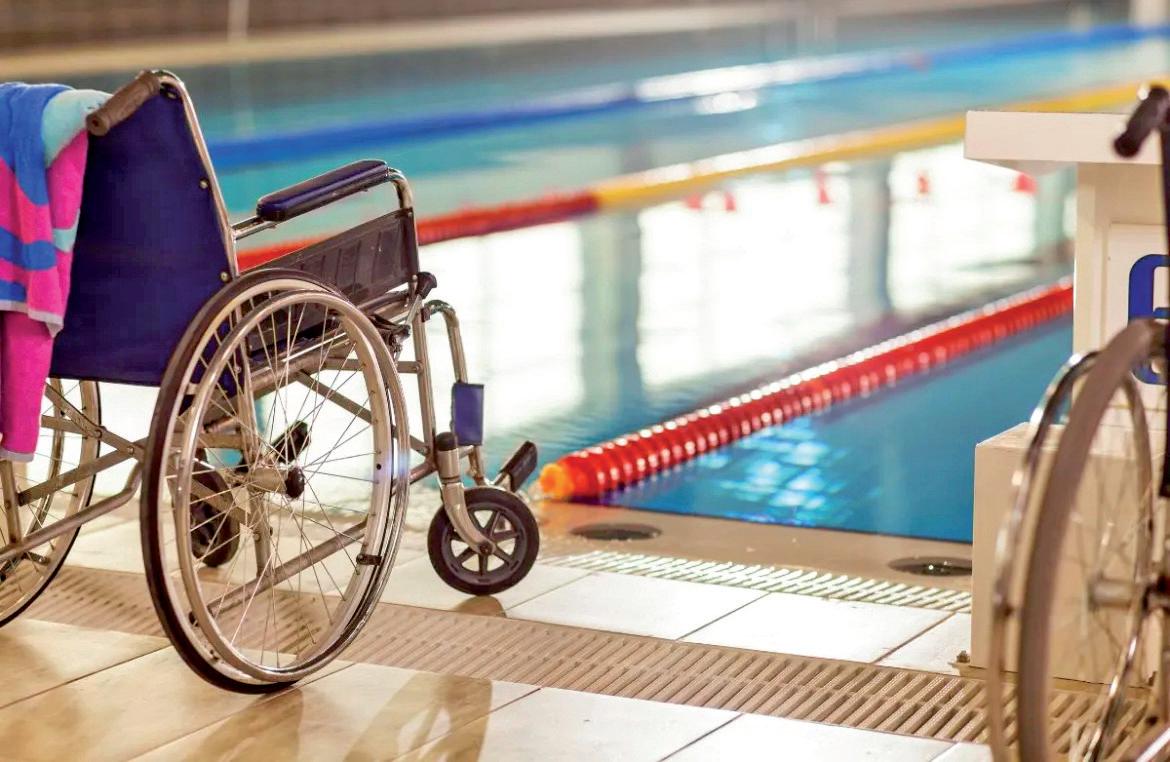
Aged care and retirement village provider Bupa New Zealand has joined Paralympics New Zealand as an Official Partner for this year’s Paralympic Games.
The initial commitment will see Bupa New Zealand providing financial support to the New Zealand Paralympic Team as they prepare to take on the world’s best at the Paris 2024 Paralympic Games in August.
“Bupa is committed to supporting access and inclusion for all people whether it be in sport, the workplace or healthcare," said Bupa New Zealand Managing Director Pedro Sanchez. Read more here





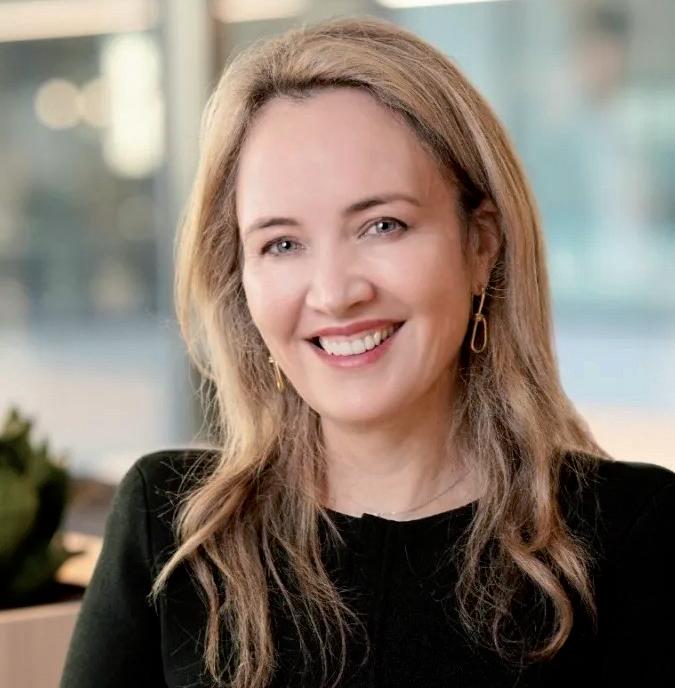
Oceania Healthcare Limited advises that Suzanne Dvorak has been appointed as Chief Executive Officer.
Dvorak has been in the Australian aged care and retirement living sectors for the past decade which included leading the single largest residential aged care provider in Australia. She has most recently been an external advisor at Bain & Company in Melbourne. Previously as an Industrial Advisor to EQT Group, Dvorak advised in the acquisition of Stockland Retirement Living and was transitional CEO for the newly rebranded business, Levande –one of Australia’s largest retirement living providers
Professor Lester Levy has been appointed as a member and Chair of the Board of Health New Zealand - Te Whatu Ora (Health NZ).
“Professor Levy has extensive experience working in the health system and will provide strong leadership to Health NZ through a period of ongoing change,” said Dr Reti.
“The challenges Health NZ faces are a result of the poorly planned health reforms of the last government and have highlighted to me the urgent need for further transformation.
“Today’s appointment of a new Chair is in addition to the previous appointment of a Crown observer and a new board member with specialist financial expertise.
These measures are part of our Government’s plan to put Health NZ on a better footing. The Labour government failed to acknowledge a health crisis and failed in its duty to provide adequate oversight and support during a period of massive upheaval for health.
This resulted in significant turbulence for Health NZ, particularly in workforce where we know having a strong frontline is key.
with 10,000 residents and 58 retirement villages (formerly owned by Stockland).
Prior to her role at Levande, Suzanne was Managing Director of Bupa Villages and Aged Care – Australia, where she oversaw a team of more than 10,000 employees across 72 care homes to support the needs of 6000 residents.
Oceania Healthcare Board Chair, Liz Coutts, said “the Board is delighted to announce Suzanne’s appointment as CEO of Oceania Healthcare, and we are looking forward to the valuable contribution Suzanne will make to the business. Suzanne has extensive experience in aged care and retirement living, which will position her well to lead Oceania through its next phases.”
Dvorak commented “it will be a privilege to lead Oceania Healthcare, and I am excited to be joining the business at this time as Oceania grows its retirement communities and optimises its aged care operations.”
Dvorak will commence on 22 July 2024 and will relocate from Melbourne to Auckland. Prior to her current role, Dvorak held roles as Transitional CEO of Levande, Managing Director of Bupa Villages and Aged Care, Australia, and Executive General Manager of Residential Communities for Australia Unity.
Coutts confirmed that Brent Pattison will continue as Chief Executive Officer until Dvorak’s commencement date to support her introduction to the business.
"I’d like to thank Brent for his continued leadership and support since the announcement of his resignation earlier in the year."
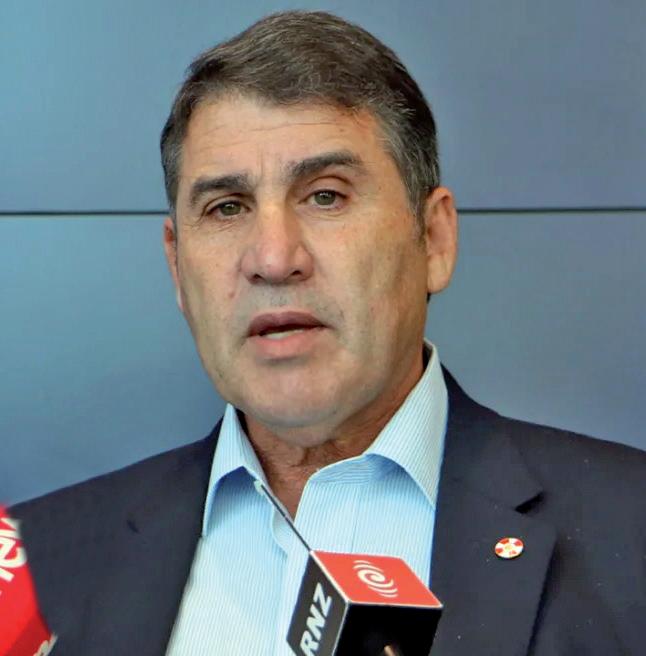
Health NZ
“Professor Levy is well suited to help meet these challenges through his background in leading organisational performance transformation in both the public and private sectors,” said Dr Reti. Read more here




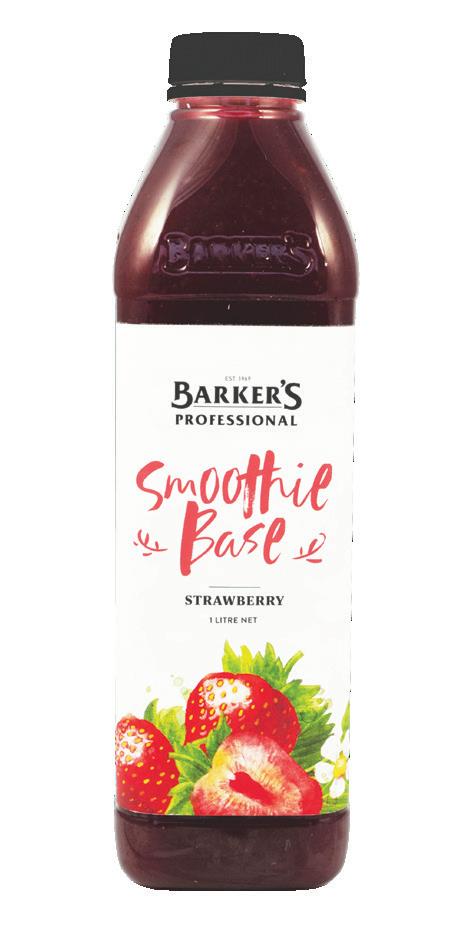

2 0 2 4 : A G E D C A R E C O M P A R E D O V E R S E A S

The recently released budget by the New Zealand Government has supplied the health sector with the first instalment of a significant funding boost of NZD 16.68 billion across three consecutive years.
e want the health sector to plan for the future with confidence, knowing our Government will always prioritise increased investment for the services it delivers,” said New Zealand Health Minister Dr Shane Reti.

A main priority for the funding has been to support front line healthcare workers, who Dr Reti described as the beating heart of the healthcare system.
There has already been a surge in healthcare professionals in 2024. The nursing workforce has grown by over 1,000 full-time workers this year alone.
A focus has remained on aged care workers, who were highlighted as a key sector of the healthcare system, as well as mental and community health services, general practitioners, elective surgeons, and

other specialist services.
Despite this much-needed funding, many have compared New Zealand’s aged care system with its international counterparts.
After several years of campaigning, Australian aged care nurses were finally delivered a 23 percent pay rise, on average, following a landmark decision by the Fair Work Commission.
The commission argued that the aged care workers, including nurses and home care workers, deserved pay rises that were substantially higher than the 15 percent interim rise that was implemented in late 2022. The pay rise will now set a benchmark rate of AUD 1,223.90 a week, or AUD 63,642.80 a year for certificate III qualified employees.
Health Services Union National President, Gerald Hayes said the pay increase was an historic improvement that will usher in a new era of decency and dignity for the aged

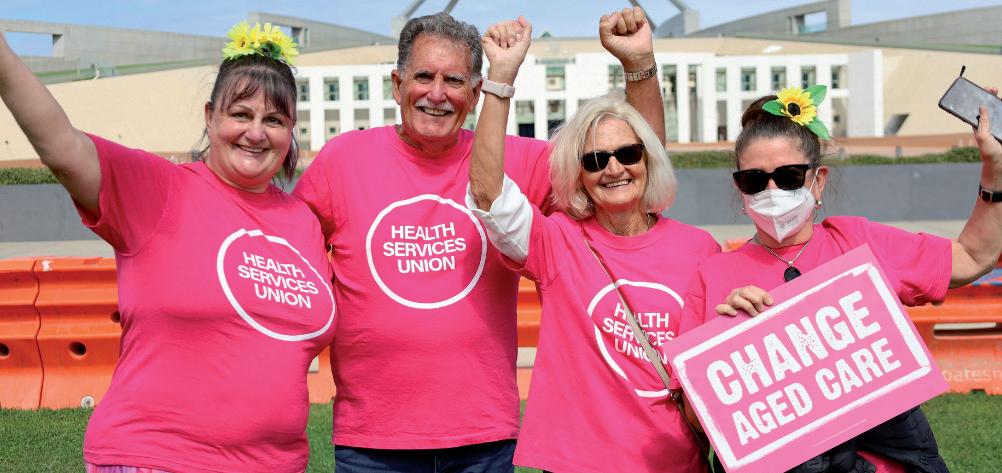
care sector.
“For the last decade aged care has been held together by the goodwill and commitment of a severely underpaid, insecurely employed workforce. Today those workers have won wage justice,” said Hayes.
The improvement in pay is expected to have a stark material impact, as the hourly wage for direct care workers will increase between 18 and 28 percent (inclusive of the previous 15 percent rise).
Support service workers haven’t seen as high an increase as desired, as laundry hands, cleaners and food services assistants were delivered a rise of 6.8 percent through a combination of increased wages and reclassification. Hayes added that there is still work to do in order to ensure a higher pay rise for support service workers.
“We acknowledge that people in administration and maintenance have not received the wage increase we pushed for. We will keep pushing and fighting to lift their wages.”
The decision is also expected to pump billions of dollars into other investments of the aged care industry, on top of the AUD 11.3 billion allocated over four years in the 2023 budget.


As advertised by every bank, the rate of seniors scammed online has skyrocketed, creating an urge for awareness around the issue. Scammers highly desire investments and savings, making it increasingly difficult for seniors to identify.
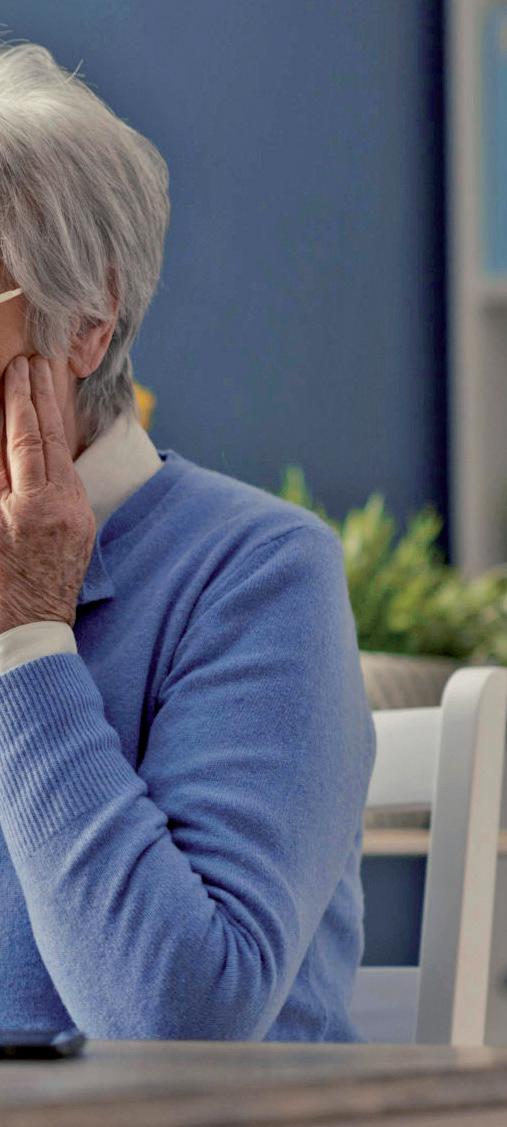
etirement homes, like other organisations, have relied on digital technology for some time now, which has introduced new cybersecurity vulnerabilities that should be addressed.
Seniors who live in retirement villages have become prime targets for cybercriminals due to a range of factors, including limited digital literacy, social isolation, and the presence of valuable personal and financial information.

In Australia, scammers have lifted their criminal activity to record levels, resulting in the largest number of scams reported to authorities to date. A recent finding by the ACCC found that those aged over 65 were the only age group to experience an increase in reported losses. In 2023, those losses increased by 13.3 percent to AUD 120 million.
Investment scams disproportionately impacted people over the age of 65, whilst many reported significant losses after being contacted by scammers through social media. The ACCC has suspected that these criminals have preyed on seniors and retirees in search of investment opportunities.
An example of this was an elderly woman who lost her life savings after viewing a deepfake Elon Musk video online, clicking the link and registering her details online. From there, she was assigned a ‘financial advisor’ and was given access to an online dashboard, where she could see that her ‘investment’ had made returns without the possibility of withdrawing money.
The ACCC reiterated its warning that scammers are financial criminals who use sophisticated technology to rob honest seniors of their money and personal information.
Bupa NZ said scammers like to induce action by playing on seniors’ emotions, such as fear, desire for information or excitement. Scammers can also impersonate well-known and trusted brands to seem even more convincing.
Bupa added that it has consistently
Continued on page 14.

informed its residents that it will never send them an email or text message asking them to enter information such as account details, passwords, banking information, or online log-in details.
It also pledged never to call residents without adequate verification of identity or the matter at hand or ask that they pay an invoice or outstanding debt immediately.
Allowing residents to feel safe in their environment is a priority for all aged care facilities. However, as many seniors have become more independent online, it has become a growing concern for village operators to prevent cyber attacks on residents.
To prevent cyber attacks, investing in staff training will increase awareness of all

personnel across the village. Comprehensive training for staff, including nurses, administrators, and IT workers, will boost resident’s confidence when dealing with sensitive information.
Implementing robust security measures can safeguard residents’ information and prevent unauthorised access. Internationally, the use of such technologies as encryption, multifactor authentication, and intrusion detection have grown in popularity.
Regular security audits and assessments can identify potential vulnerabilities that may pose a risk to privacy and security data.
Developing a proactive incident response plan will guide the organisation’s response to cyber security incidents, ensuring prompt detection, containment and resolution of security breaches.
Engaging external experts and cyber security professionals can supplement internal resources and expertise, allowing residents to gain access to specialised knowledge and support for addressing complex security challenges.
Prioritising cybersecurity and training staff to handle such situations can create a safer and more secure environment for seniors. Investing in sufficient cybersecurity resources will reinforce the village’s commitment to its residents, their well-being, and their private information.
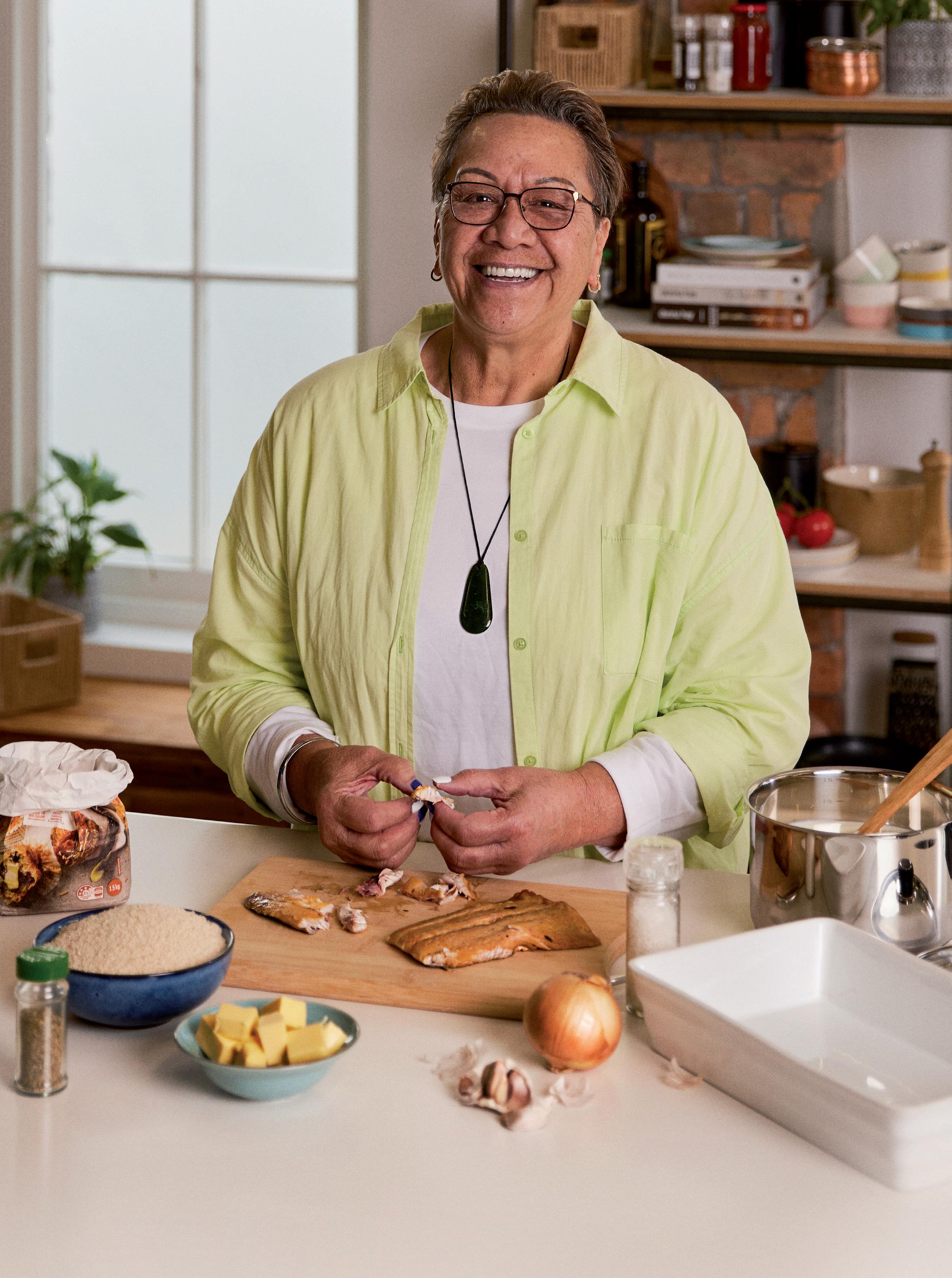
Viv, 68
“I used to eat smoked fish cold from the fridge. Now I know I need to cook it in a meal like fish kedgeree of fish pie.”
As you age, foods you safely ate in the past may no longer be safe to eat.
Know the risks of listeria in your food.
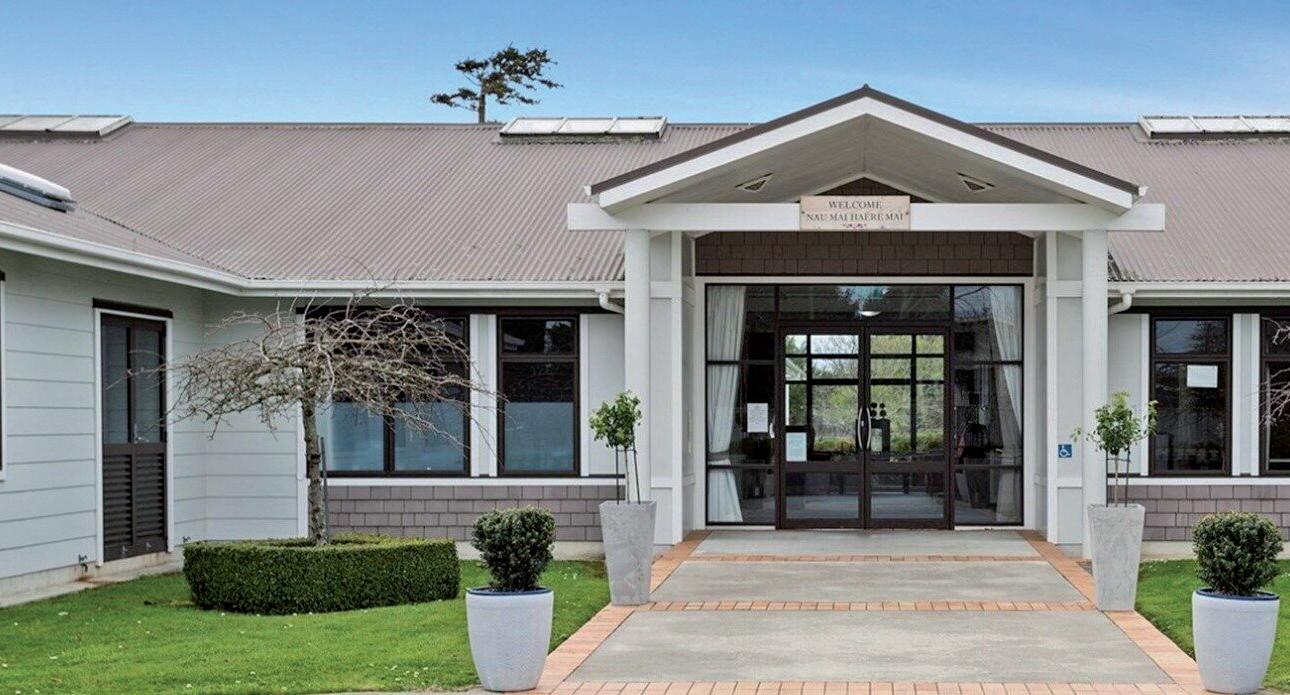
An unlikely introduction at a Zumba class is how Dana Field landed her dream job in aged care.
ou’ll hear me before you see me,” claimed the busy mum of four, who works at Pahiatua’s Waireka Lifecare, a rest home for up to 60 residents in the Tararua district.
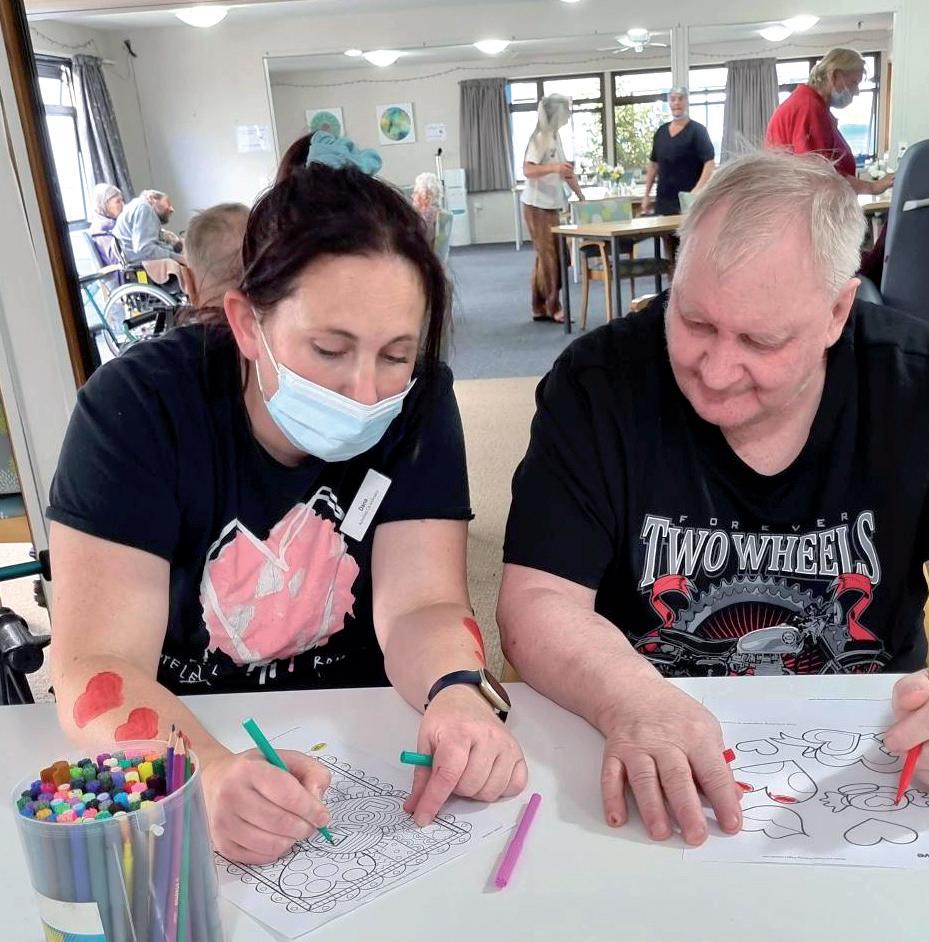
“My manager knows I’ve got entertainment in my genes,” Field said. “She actually met me at a local community Zumba class where I was the class clown. I didn’t want people new to the class to feel awkward or out of sorts. I wasn’t leading the class, but I would always be up the front making all the silly noises, being an absolute egg.”
Waireka Lifecare manager, Carol Hauraki, knew she’d found the right person to be the rest home’s new diversional therapist, a role that leads a programme of fun activities and events to encourage residents to maintain or develop their physical and social skills.
At the time, Field was working as a community support worker.
When asked if she’d apply for the job, Field admitted she had no idea what a diversional therapist even did.
“I had to Google what it was. But I was like, wow, that’s me! That’s one hundred per cent me.”
Two years on, Field is now at Waireka Lifecare, joining the residents with all sorts of activities like baking, chair exercises, pet days, bowls, and singing and dancing at happy hour. Hangman is also a favourite.
“They just enjoy outsmarting my wits,” Field laughed.
Field even dressed up in costume every day
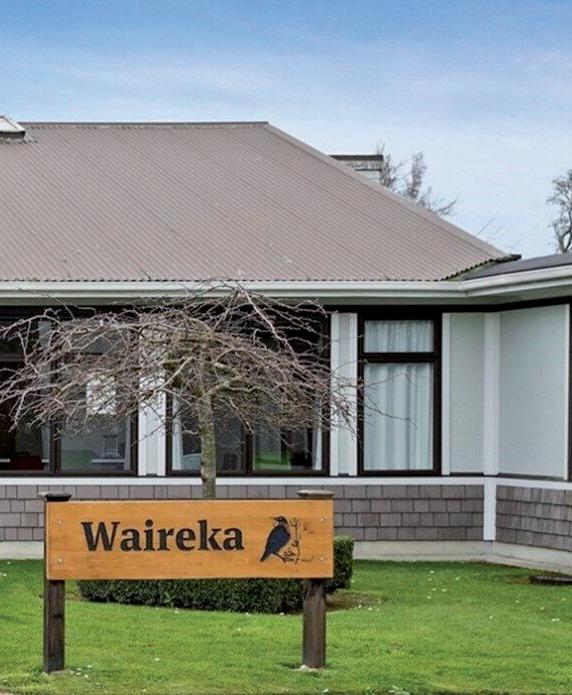
in December until Christmas: “I am here for their entertainment. It’s the Dana Show!”
According to Hauraki, the residents love her and the energy she brings.
“She’s always engaging with them, and she goes above and beyond to find out about them as an individual, and what they need and want, and making that happen,” said Hauraki.
Many diversional therapists working across New Zealand’s aged care sector are required to gain their Level 4 Health and Wellbeing qualification, and Field has been no exception. Upon joining the team, she was quickly enrolled in the NZ Apprenticeship in Diversional Therapy through work-based training provider, Careerforce.
She was nervous about the idea of studying again. After high school she started to train to be an early childhood teacher but found university wasn’t for her. Then, when she tried again through Open Polytechnic, she struggled to balance her studies while raising her first two children, so she had to put it to the side.
But thanks to Hauraki’s support, she has been able to complete the workplace-based apprenticeship programme well ahead of schedule. Hauraki gave her a study day each week, a day when her kids were at school or in daycare.
Hauraki said Field’s Careerforce Apprenticeship Advisor, Anne Meyer, has also been instrumental in Dana’s success.
“Anne was always there, always supporting and arranging study days. I don’t think Dana would’ve got through this as quickly as she
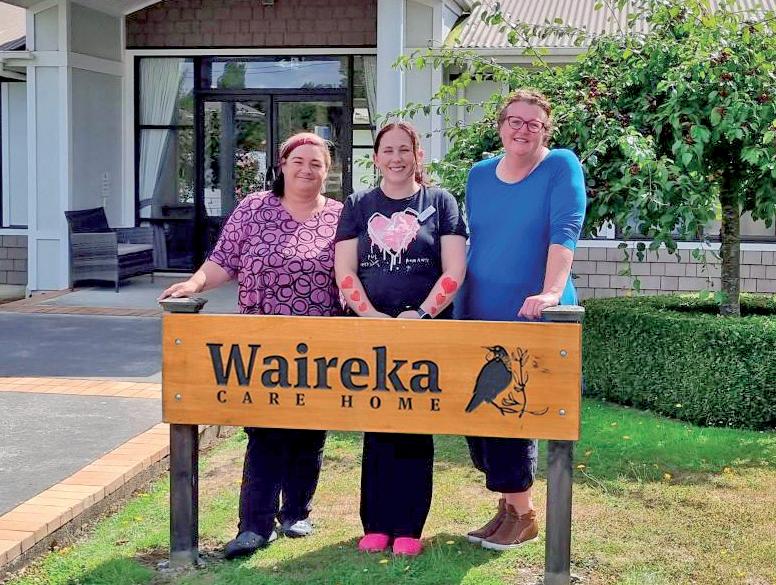
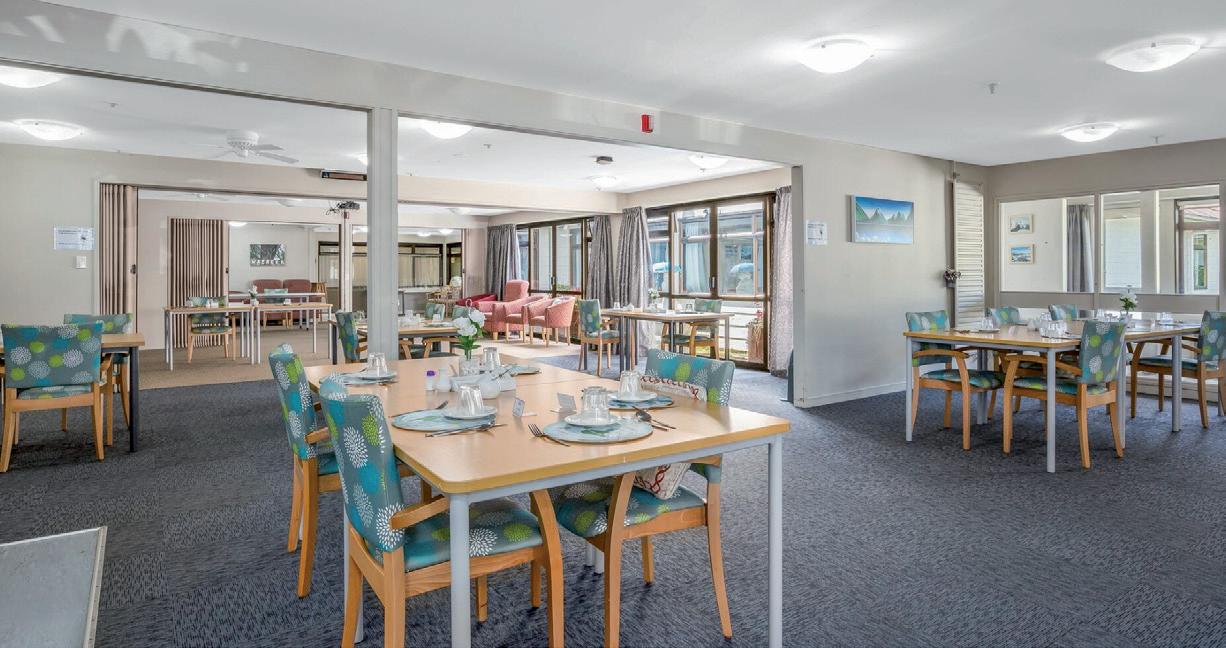
got a new sense of energy. She’s got a newfound confidence in herself and she’s just out there doing it big time. I’m just really proud of her.”
Field now makes it her morning tradition to see every single resident in the rest home. She’s encountered people who don’t leave their room but say they enjoy conversation, and people absolutely need to feel important.
The most satisfying thing for Field is seeing her residents smile and even hearing from people in the community tell her that she’s doing a great job. She’s also incredibly proud of herself for becoming a qualified diversional therapist, especially while continuing to work and be a mum to four kids.
“The feeling is unbelievable. When I got the email to say it was done, you could not wipe the smile off my face. I want more now, and I want more knowledge.”
Field said she never thought she would work in a rest home, but Waireka has a very special place in her heart.
“I love being the reason people smile.”
Contact Careerforce to find out more about the Diversional Therapy Apprenticeship, including eligibility and pricing. Employers may qualify for Apprenticeship Boost Funding.
Altura Learning, leading provider of high quality training solutions for the aged care sector, announced earlier this year the appointment of Paul Goudie as its new Chief Executive Officer (CEO), effective April.
ith over 20 years of experience in education and technology, Goudie's strong background in educational product development, executive leadership and quality improvement programmes makes him a key driver of innovation and excellence for Altura Learning.
Previously holding senior leadership roles at Swinburne University and Goodstart Early Learning, Goudie excels in driving workforce development in the care, IT, and digital media sectors. He also received the prestigious ISS International Practitioner VET Fellowship in 2023 and collaboratively established the Cyber Academy with Deloitte, demonstrating his commitment to developing job-ready talent.
Goudie's expertise in digital learning technologies and focus on improving educational outcomes make him a strategic addition to Altura Learning. His leadership significantly contributes to the organisation’s mission of delivering premium learning solutions for the aged care industry.
In his role as CEO, he leads Altura Learning in its continued commitment to providing comprehensive training solutions that empower aged care professionals to deliver exceptional care and support to the aged care sector. He will focus on driving product innovation, strengthening partnerships and forging deep connections to better serve the evolving needs of the aged care industry underpinned by Altura Learning’s parent organisation Bolton Clarke Group.
“I’m thrilled to lead Altura Learning, as we continue to empower care providers with over 150+ specialised training modules designed by industry experts. Our commitment to enhancing the skills and knowledge of aged care employees remains steadfast, with our training solutions tailored to meet each organisation’s unique needs. Through our three-step process—

selecting a course library, choosing a delivery method via our Bridge LMS (Learning Management System) or an external LMS, and opting for cost-effective bundles—we ensure a seamless and impactful learning experience. I’m looking forward to empowering our team to deliver the quality products our members have trusted for over 20 years," said Goudie.
Rob Lourey, Director and Chairman of Altura Learning is confident that Paul Goudie’s strategic vision and leadership qualities will position the company for continued success and growth in the years ahead.
“I’m delighted to have Paul join us. His strong educational background, together with his proven leadership and stakeholder relationship capabilities means Altura Learning is ideally placed to take advantage of the exciting growth opportunities within this important aged care sector.”

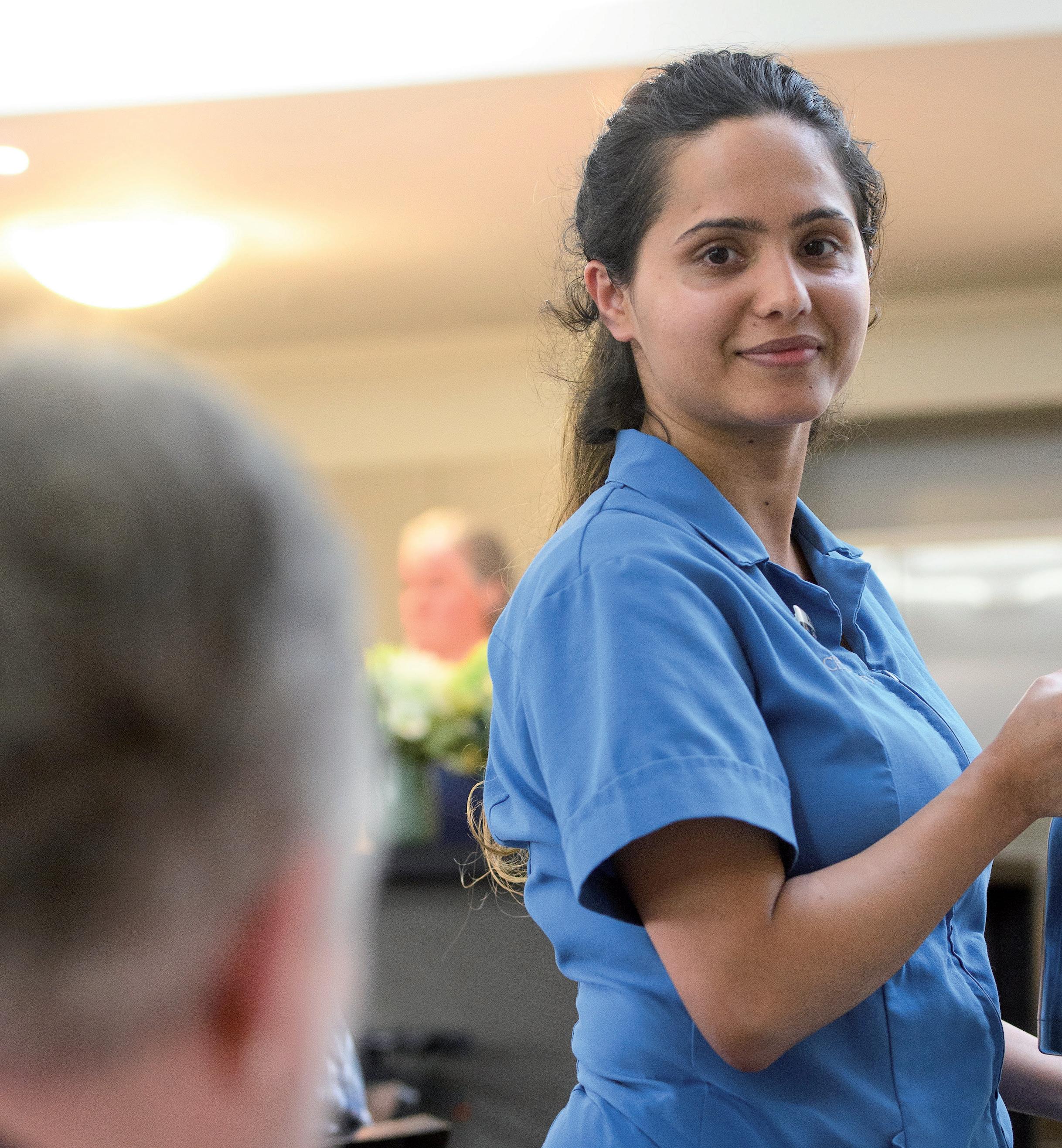
Learners completing Careerforce training programmes gain the skills needed to achieve nationally recognised health and wellbeing qualifications.
Our work-based programmes cover entry level certificates through to leadership and management diplomas. Talk to us about how we can help upskill your team.
Ask about the Apprenticeship Boost Fund and how it could help you.
Uniforms have the ability to affect various aspects of aged care, whether it’s as a form of communication between nurses and residents, or for practicality when on the job.

tudies have indicated that nurse uniforms have minimal impact on nurse-to-patient interactions in general, despite some patients having a preconceived notion of them. Patients and residents in aged care environments also expect to see staff dressed in uniform when at work.
With all the hustle and bustle of aged care environments, it can be easy for residents to feel stressed and overwhelmed. Consistent uniforms can be a calming tone for them and will make them feel comfortable in their surroundings.
Each nurse’s unique perception and preference of what a uniform should be
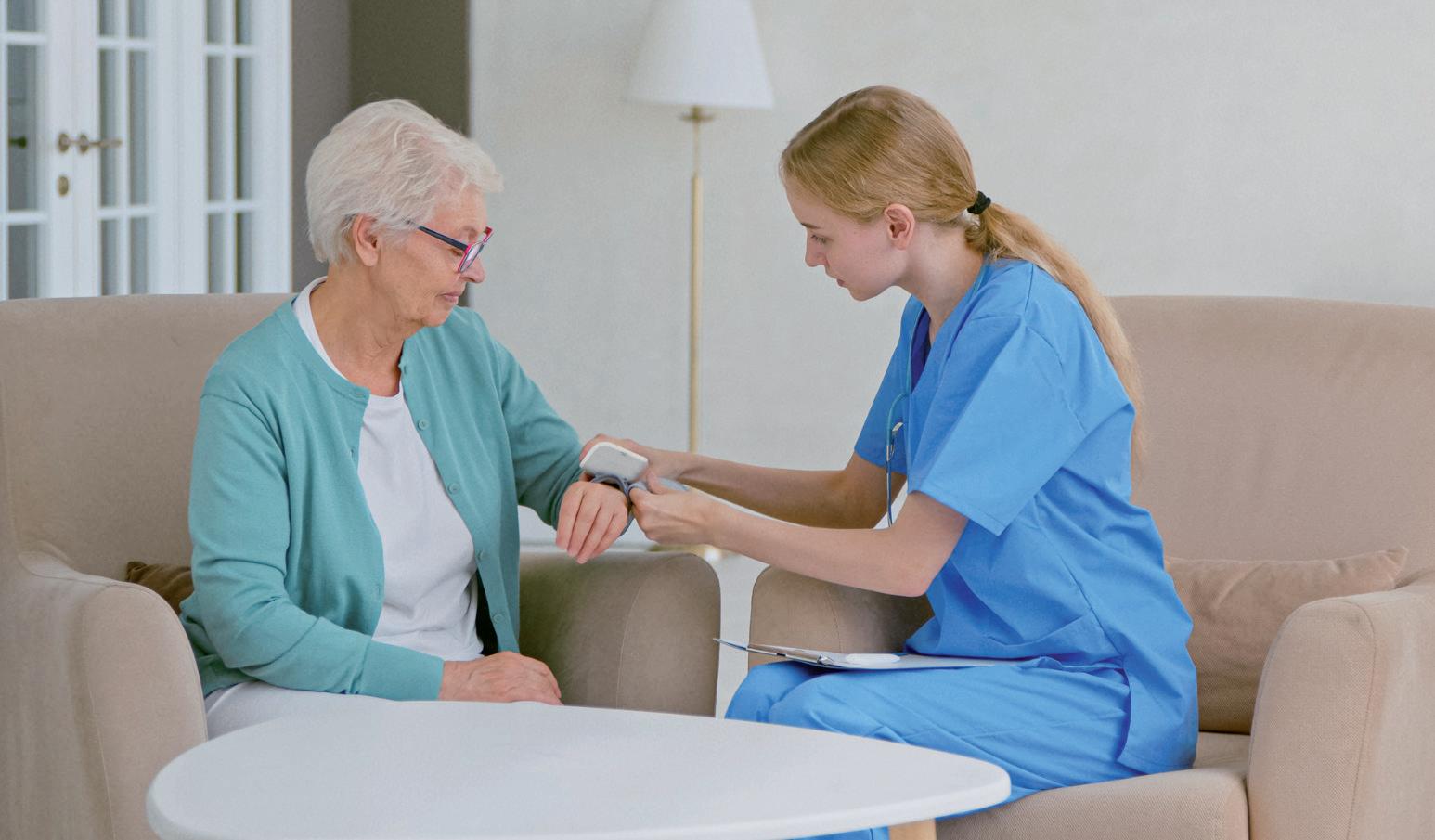
can be tailored to when designing the ideal uniform. From colour to design, material to shape, uniforms can display professionalism, whilst also being generic. Each department may differ in its approach to a uniform, whilst residents may be more comfortable around a standard uniform. Additionally, nurses’ individual preferences in uniform design, when professionally styled, could result in better performance, and lead to higher job satisfaction, making them feel respected and valued.
The age of residents has become a significant aspect in the perspective of aged care. Older adults often associate traditional white uniforms with higher professional expertise, as this was the more traditional uniform in the past. Personal views can vary based on individual experiences and expectations, but they do not substantially alter the daily interactions between nurses and residents.
Despite the colour and style of the uniforms, patients regard communication skills and attitude as crucial elements for creating effective interactions. This opinion is widely shared throughout various healthcare sectors, from small villages to more extensive hospital settings.
A fresh and clean uniform can communicate with residents that their carer is competent and trustworthy, as well as portray

considerable self-image, and help to embody professional identity. For some residents, the sight of a nurse’s uniform will not only enhance rapport between both parties but also significantly improve the resident experience, reinforcing the confidence they have in the care they receive. Uniforms can also impact the impact nurses have on the wellbeing of residents.
Aged care uniforms should be a combination of comfort and ease, as many aged care roles demand extremely busy days, with many hours spent on foot. Functionality is essential to remember when exploring different options of standardised uniforms, especially given the wide range of responsibilities nurses are expected to carry out and how effectively the uniform can manage different tasks.
The right material can be a decisive factor for nurses. Fabrics that are soft, smooth and flexible are far better suited for nurse uniforms, compared to materials that are harsh, itchy and distracting for nurses. As the role of a nurse is physical on many levels, uniforms should also be made from fabric that can breathe, preventing nurses from overheating. For colder months, consider introducing skivvies or long-sleeve singlets as part of the uniform should nurses require them. Allowing nurses to tailor their

uniforms to their personal preferences will also make them more comfortable when at work.
Footwear is just as crucial to a uniform, as it needs to be functional, reliable and practical. Proper footwear will allow nurses to perform all tasks efficiently and without any side effects or discomfort.
Distinctive and noticeable uniforms benefit both nurses and residents. Residents in the care of nurses with cohesive uniforms trust the care they receive, while a distinctive design will provide an extra layer of professionalism and style for staff.
A recent study by the Public Health Communication Centre Aotearoa has investigated the connection between severe weather events and clusters of the gastrointestinal disease cryptosporidiosis in New Zealand.

s part of the study, a total of 15,822 cases of cryptosporidiosis were identified by the authors, all of which occurred in New Zealand between 1997 and 2015.

Of these cases, 65 clusters were detected by using statistical methods, and 38 were found to be statistically significant and were deemed unlikely to have happened by chance.
The study’s findings were alarming and revealed that heavy rainfall or flooding significantly contributes to the development of outbreaks of the infectious disease. The microscopic parasites called Cryptosporidium are not to be taken lightly, as they cause severe gastrointestinal symptoms such as pain,
diarrhea, vomiting, and fever, which can last for one to two weeks. These parasites often lead to waterborne outbreaks of infectious intestinal disease in New Zealand.
The research found that heavy rainfall runoff could increase the risk of consuming untreated drinking water, and higher infection rates have been reported in areas with untreated drinking water supplies. This is because heavy rainfall can overwhelm the drinking water and wastewater infrastructure, as Cryptosporidium is resistant to water treatment techniques and can increase pathogen loading.
The study highlighted examples of outbreaks, such as the 2023 Queenstown cryptosporidiosis outbreak, likely caused by human fecal contamination of water supplies,



parasite can survive for more than 12 weeks in the environment. The study examined severe weather events with increased rainfall in the 21 days before each detected cluster and found that one-third of the statistically significant clusters coincided with severe weather events in the same area.
Almost half of the clusters that aligned with weather events occurred during spring, with three occurring in winter, three in autumn, and one in late summer.

leading to at least 72 confirmed cases. The 2016 waterborne Havelock North campylobacteriosis outbreak was attributed to the contamination of two untreated bore wells, resulting in 7570 cases and four deaths.
These outbreaks underscore the need to strengthen the protection of water sources and implement a robust regulatory framework to prevent water pollution from livestock agriculture and inadequate water infrastructure. Recreational activities like swimming have also been identified as a significant risk factor for infection.
The typical incubation period for cryptosporidiosis is seven days, but the


The report’s findings are consistent with other local and international studies, but the authors indicated that further research is needed to clarify the relationship. They stressed the urgent need for such research as New Zealand’s rainfall intensity is expected to continue rising. The study also emphasised the need to protect water supplies from contamination with pathogens, especially from sewage or agricultural runoff.
Additionally, 46.2 percent of the clusters coincided with severe weather events occurring in spring, possibly linked to calving and lambing. Further research is also needed to assess the role of heavy rainfall and other environmental factors, such as livestock farming and inadequate water infrastructure.
The report has highlighted the need for more safety measures surrounding drinking water to be prioritised in government policy and in the interest of protecting public health.
With the global population aging, it has become increasingly vital to ensure that seniors can maintain a healthy lifestyle both in the aged care system and in their own homes.

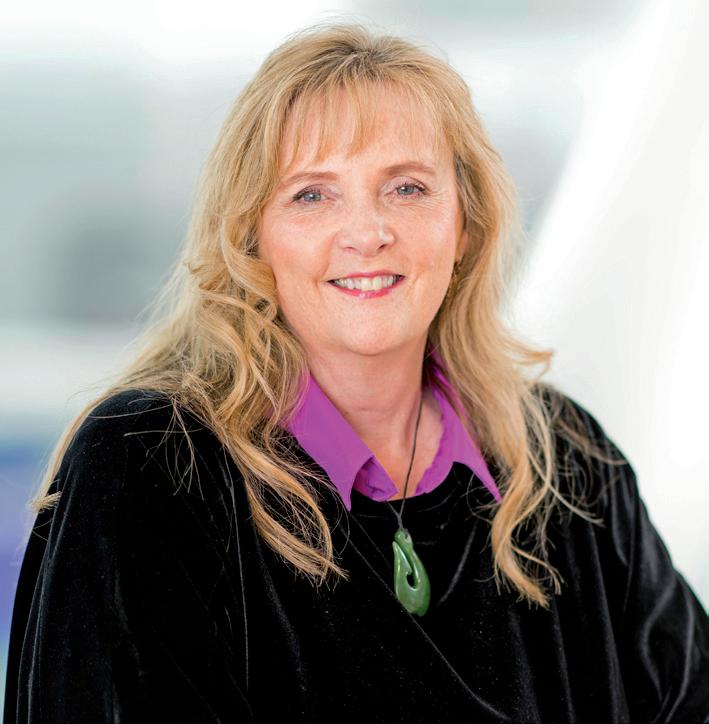
CAROLYN GULLERY
arolyn Gullery, Digital Health Consultant at Spark Health, said that as the population continues to age, innovative technology will continue to assist with healthcare requirements.
“Our health system needs to keep people as healthy as possible in their homes and communities,” said Gullery.
“To do this, we must identify and diagnose issues earlier, monitor health, encourage self-care, and ensure strong connections in primary care. This requires continuity of information and support.”
Technology within the healthcare sector has experienced considerable growth over recent years. Many solutions, like wearables and AIenabled devices, have been available but have lacked connectivity. The critical advancement has been to integrate these technologies to collect, analyse, and use data effectively, allowing for better monitoring and response.
Supported by improved communication, reduced costs, and better data management, Gulley said the industry was on the brink of a significant leap. AI and data analytics play a crucial role in processing and utilising health data effectively.

“AI is in its early stages. It enhances data mining for insights and innovation, helping us understand health trends better. However, clinical judgment remains essential. AI can optimise human productivity by handling data analysis and speeding up information processing.”
The industry has used exploratory data analysis to identify a small cohort of the population that accounts for a significant portion of hospital occupancy. Understanding this has allowed clinical teams to develop targeted solutions which can improve overall health system capacity and deliver better outcomes for people.
Over the next five years, Gullery said there would be better continuity of information and a more holistic person/whanau-centred approach to health, considering social context, mental health, and overall well-being. This shift will integrate health and social care more effectively.
Gullery said that the key was to improve communication by using data to design services that would meet people’s needs, ultimately allowing more people to stay in their homes and communities instead of hospitals. She added that this was the same case for the aged care sector.

“We should use technology to help people monitor their health and respond to acute issues in retirement communities. New Zealand’s use of the interRAI assessment tool can optimise care plans and improve residents’ quality of life.”
As technology continues to develop within the aged care sector, the integration and effective use of data through various innovative tools will hold immense promise for enhancing the quality of life for seniors. The focus will remain on creating seamless communication and data-driven services that allow seniors to live healthier and more independent lives.
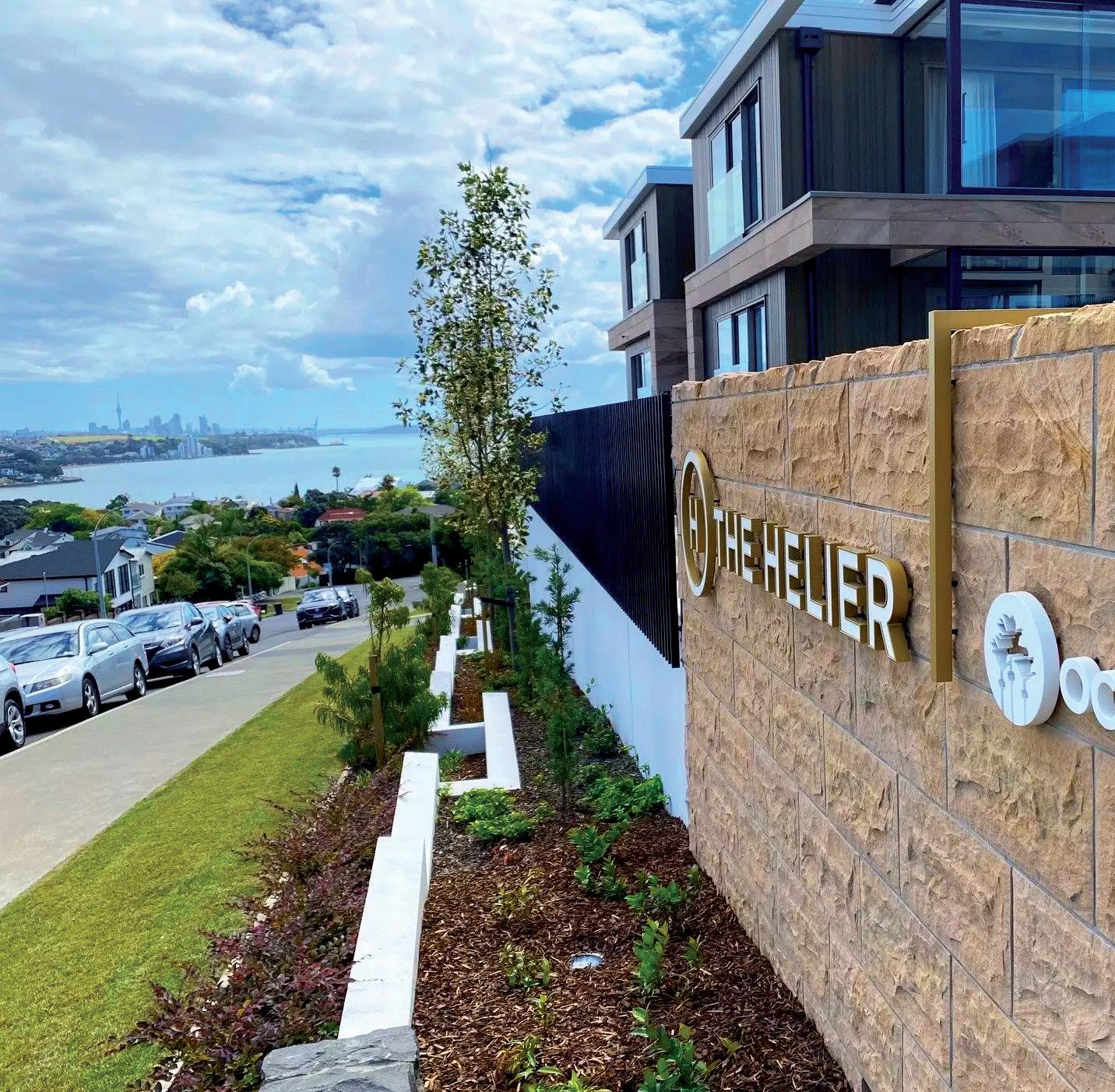

The Helier in Saint Heliers is Oceania’s latest premium retirement and aged care development. In this lavish complex, residents have access to the finer things in life at their fingertips, including the best culinary creations to feast upon.
xecutive Chef Charles Pihera has been in the hospitality industry for nearly 20 years, having spent time in private resorts in Australia and high-end establishments in Europe. He noted one particular resort that exclusively hosted just 30 guests at one time, with a minimum stay of two nights costing in the thousands. Here, he designed a set menu with four courses without a budget, and the produce had to be helicoptered in from across Australia.

The past ten years of his career have been spent in Auckland, where he has led


“I’m passionate about using my experience from all corners of the globe to reshape the perception of food that’s on offer in retirement and aged care,” said Pihera.
“Whether my team and I are working at a five-star hotel or a retirement village, the offer and experience are the same.”
Pihera’s day-to-day life is quite full on. Menus at The Helier change every three weeks to prioritise seasonal produce. His focus has also centred around building a strong team and supporting staff, as The Helier is a change from typical hospitality environments.
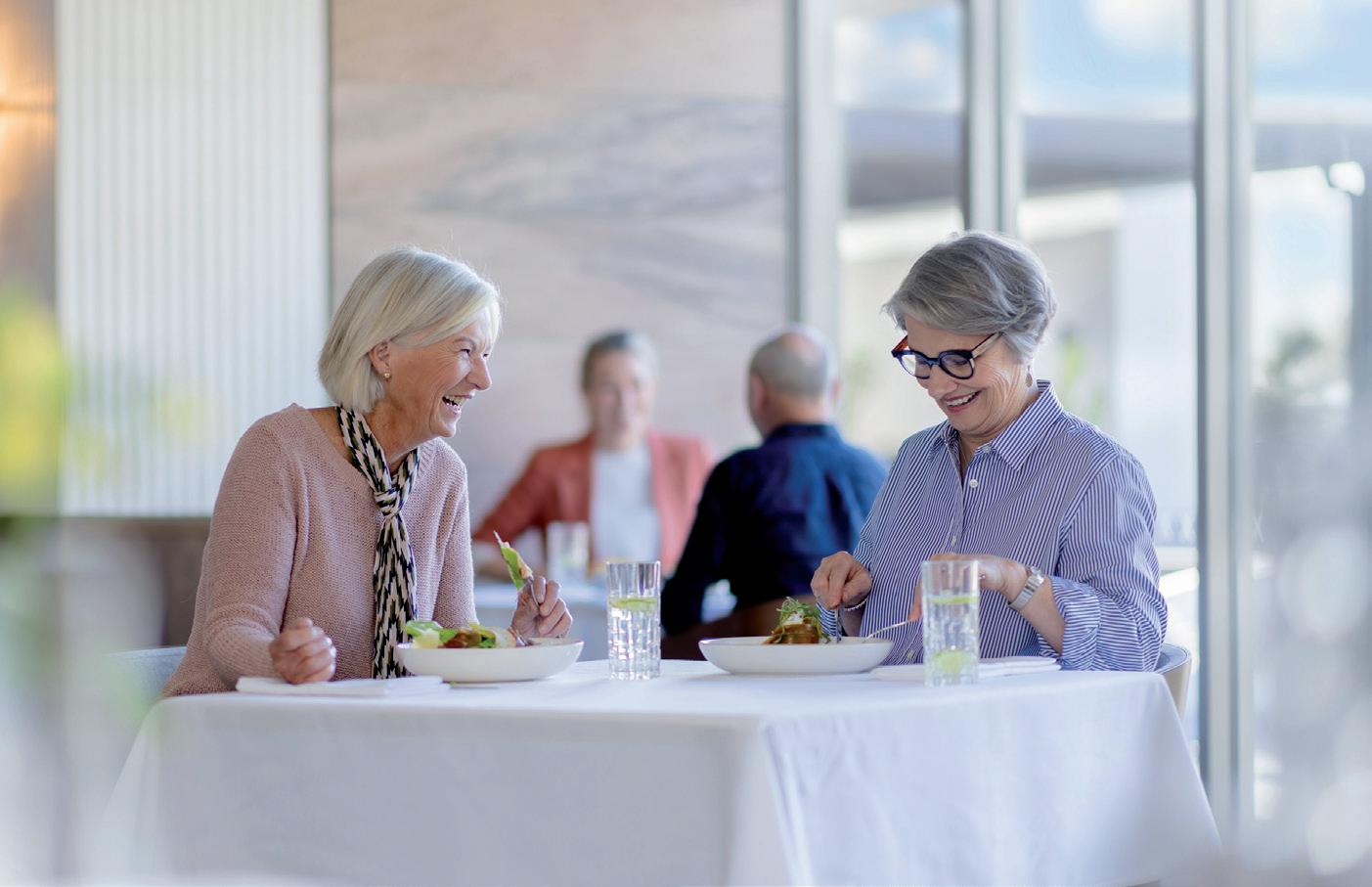
All set menus at The Helier have three entrees, three mains and three desserts, which residents can select from each night, as well as a casual all-day dining menu that is changed quarterly. Canapes are also prepared and served daily at 5:00 pm, which is known as The Helier Hour, paired with a range of different cocktails. Pihera said that some of the most popular canapes include oyster and artichoke velouté, and oxtail arancini.
Pihera’s favourite menu items currently include the OX tail, heirloom tomatoes, caviar, and truffles, which are now in season.
With all the responsibilities that come with his job, Pihera said the main requirement is to listen to the residents and act on their likes and dislikes.
“It’s a great challenge to keep them engaged with our food and beverage offering, and it’s essential that each resident has a boutique experience that is tailored to them.”
Opening up The Helier and helping build the team has been one of the proudest achievements of his career. He said the great working culture at The Helier has made a difference. Pihera’s goal is to see the complex reach full occupancy in the future.



JO STANLEY Award-Winning Radio and TV Personality
Leading retirement living and aged care provider Ryman Healthcare is launching a podcast that explores some of the burning issues Australians face as they age.
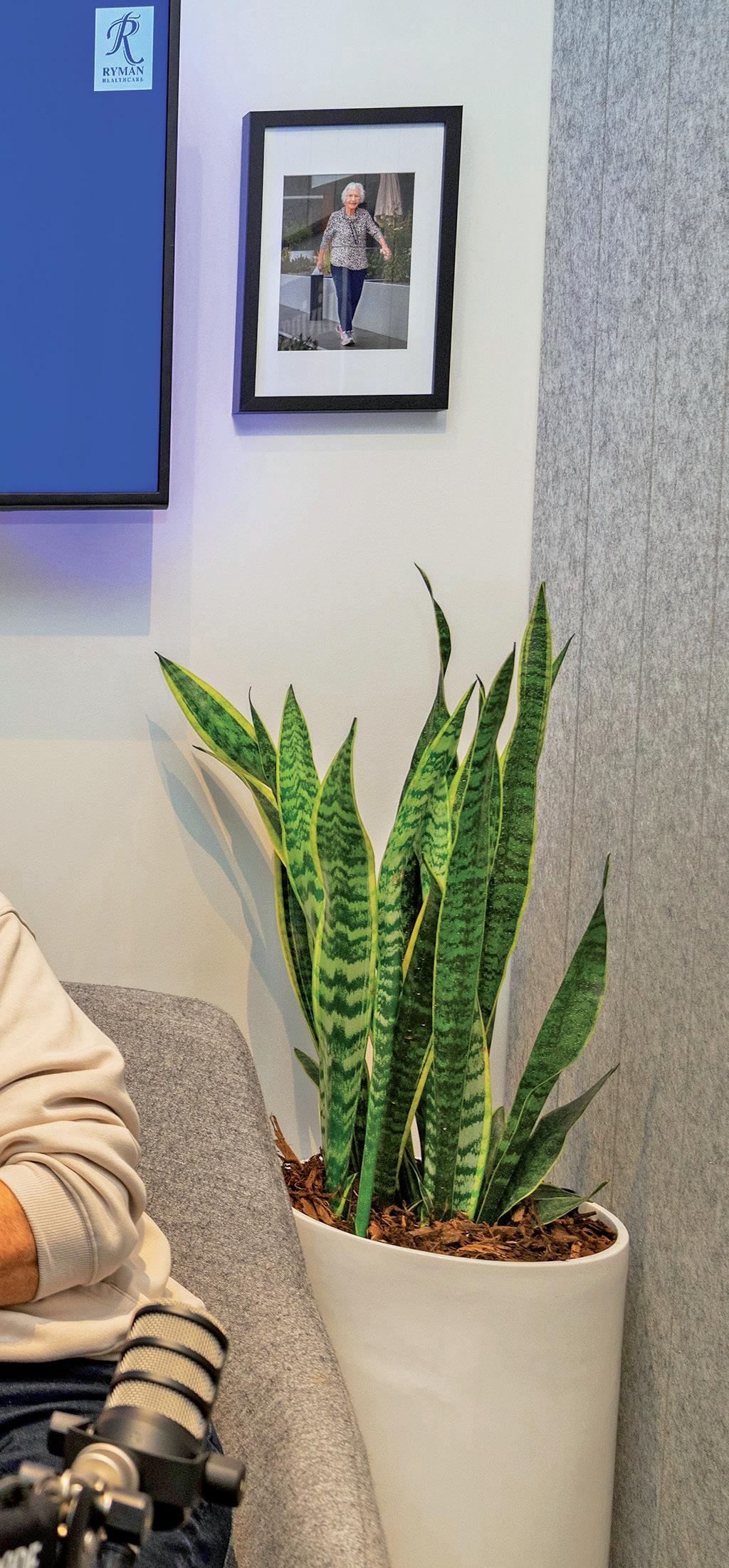
od of the 3rd Age (P3A), hosted by award-winning radio and TV personality
Jo Stanley, delves into life’s opportunities, challenges, and complexities for those 65 and older, offering practical information and advice on how to make these years as full and enriching as possible.
Featuring interviews with experts and older Australians, P3A will explore everything from the practicalities of downsizing your home, how to combat loneliness and social dislocation, the importance of spirituality to our overall sense of wellbeing, and the
financial considerations when looking for housing or aged care options.
Episodes journey into the lives of real people, their aspirations, worries, and unique approaches to ageing. They lift the lid on an often-misunderstood chapter of life while providing helpful insights for those entering their Third Age or supporting a loved one who is.
The first episode of the six-part series, featuring decluttering guru Peter Walsh, will launch on June 11, 2024, on Spotify, Apple Podcasts, and www.rymanhealthcare.com.au/ p3a.
Peter shares practical tips and tricks and discusses how downsizing one’s home can create room to enter a new phase of life.
His advice for people moving to a smaller property is simple.
“Start small and start today,” he said.
“If the stuff you own doesn’t help you create the life you want, why do you own it?”
Other P3A episodes will feature Ending Loneliness Together CEO Dr Michelle Lim, Meaningful Ageing Australia CEO Rachel Rachael Wass, financial expert and commentator Rachel Lane, and Retirement Living Council Executive Director Daniel Gannon.
Each episode also includes the real personal story of an older Aussie related to that episode’s topic.
Ryman’s Communications and External Relations manager Michael Cummings, who led the podcast project alongside Content Specialist Adam Ricco, said P3A aims to start authentic conversations about ageing relatable to real Aussies’ lives.
“Everyone’s life experience in the Third Age is totally different and almost always characterised by a swirl of really complex, often contradictory, emotions,” said Cummings.
“A whole new world of exciting opportunities opens up in this phase of life, but they’re often accompanied by anxieties or practical challenges that can hold people back from making the most of it.
“P3A is all about dragging all the good and hard things out into the open and talking about them in an honest, authentic, entertaining way so people feel empowered to live this special stage of their life on their own terms.”
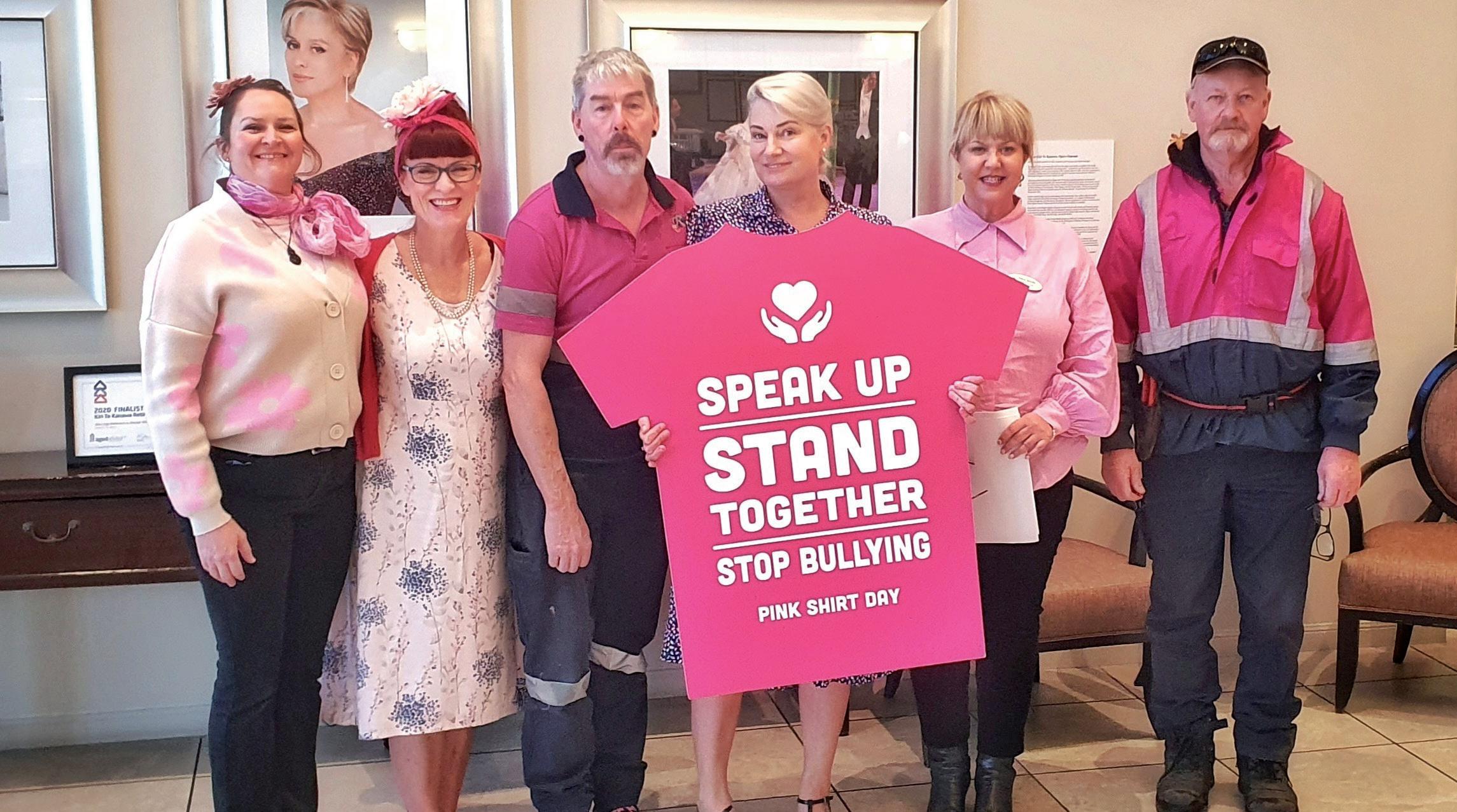
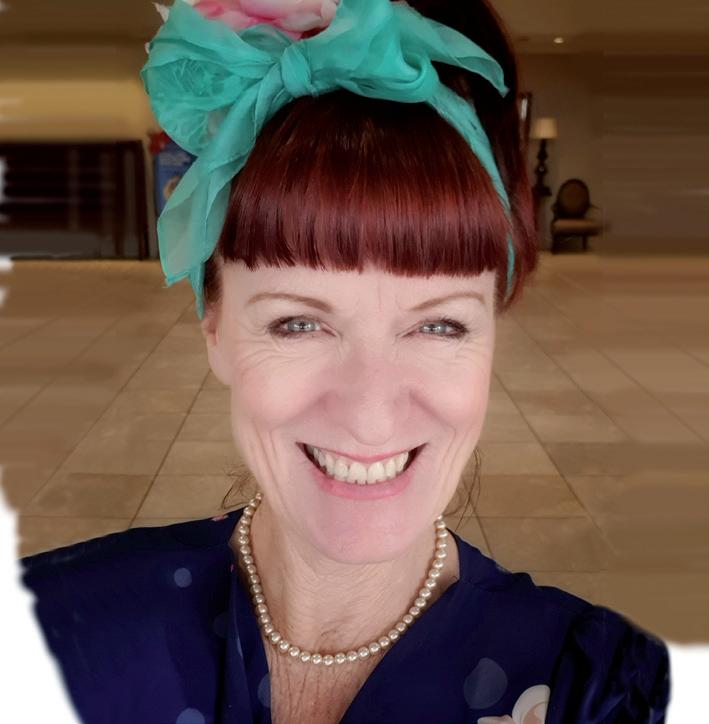
Kiri Te Kanawa Village
For Gisborne local Janice Baker, her first and last working roles have been within the aged care sector.
t the age of 15, Baker began her career as a nurse aide and kitchen hand at Brightwater Home in Palmerston North. Through these roles, she started weekly music therapy sessions with the Matron and ran a beauty salon in an empty room. She said the joy these activities gave residents has stuck in her memory since.
Upon leaving Brightwater House, Baker embarked on a varied career. She has taught natural childbirth classes and was a birthing doula for several years. She served on her local community board, opened a gym, restaurant, and bar in her small hometown, and operated a team building and event management company for 15 years. Her family even participated in a television series where they lived like pioneers for three months. She has worked as an interior designer, ran an environmental centre, and also managed a Salvation Army charity shop.
Baker is now the Activity and Lifestyle Coordinator at the Kiri Te Kanawa Retirement Village in Gisborne, a role she has had since Valentine’s Day in 2022. Being able to see the residents enjoy themselves, try new things, and be excited about future planned events have been highlights of the role for Baker.
“I love using my creativity and skills to make activities and events the best they can be. I love the small moments when I talk with residents and share a good laugh or tear. That connection is very special,” said Baker.
“I love how our village feels like a small village.” Since joining the Village, Baker has not

foreseen many challenges, mainly the impacts of continual waves of COVID-19 and Cyclone Gabrielle. She said that she was proud of how the Village managed when it became isolated in every way from the rest of the world during the devastating weather events of 2023 and how her Village Manager, Penny, led the team and supported both staff and residents through it.
“Everyone pitched in to help both each other and the residents. When the team from Ryman head office arrived to assist, they couldn’t believe how organised and calm we were.”
ANZAC Day has become an annual highlight for Baker, who has officiated the Village’s commemorations. It is Baker’s biggest event of the year and the most special for residents and their families. She said that it can bring together all residents and staff together in a way that no other event does.
Wining Village of the Year in 2023 was a proud moment for the Kiri Te Kanawa team. Baker said it was particularly special given the Village had endured such a difficult 12 months.
“There are so many small but memorable highlights. Special conversations, sharing a good laugh, or finding solutions to frustrations are those small moments of connection that are life,” added Baker.
“A recent highlight was having a resident write a lovely poem about me, which he pinned to the library noticeboard. I will treasure it forever.”
Baker’s role has required a wide range of qualities and skills in order to juggle many

tasks at once. As she said, it’s easy to get pulled in a million directions at one time.
Creativity has been another vital component in delivering events and activities, both with ideas and practical skills in art, crafts, and event decorations. Time management and organisational skills are also needed to make everything happen on time and to a good standard. She said there is never enough time, so making the most of every minute possible is important.
Emotional maturity and stability have proven invaluable skills, especially as there are many frustrations when constantly organising a wide range of things, and it’s hard to please everyone. Baker said it’s important to be on the ball every day to create and maintain positive energy. Flexibility and adaptability can also make things easier when things are pearshaped and quick thinking is needed.
Baker’s budgeting skills have made it easier for her to make the most of her resources, whereas her excellent communication and cooperation skills have allowed her to form relationships with each resident, their families, teams, contractors, community organisations, and businesses.
Her work ethic, initiative, and perseverance have allowed her to go the extra mile, support colleagues, complete tasks on time, and plan ahead. She said the role also requires kindness, patience, empathy, compassion, and a good sense of humour.
“These are so important with older people who are struggling with the difficulties of increasing physical and cognitive limitations.”

Ryman Healthcare has announced it has purchased additional land beside its award-winning Deborah Cheetham Retirement Village in Ocean Grove, Victoria. The retirement living and aged care provider, which has eight operational villages in the state and six more in development, has purchased a 2.02ha site at 11-25 Trethowan Avenue beside the village, with plans to build a further 58 independent living villas.
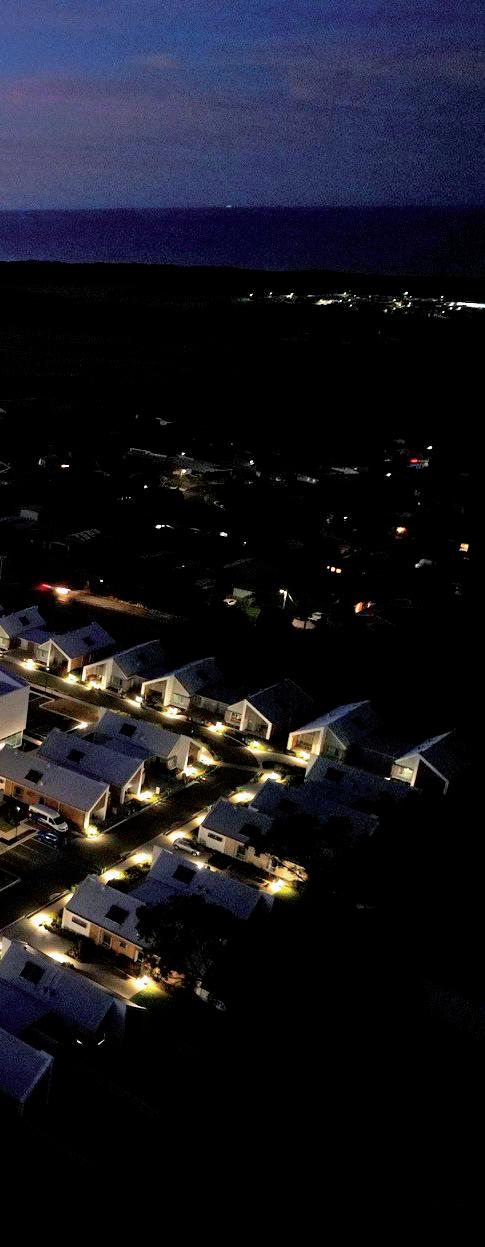
he $7.8 million acquisition will see the village, which won ‘Interior Design of the Year’ at the Asia-Pacific Eldercare Innovation Awards in Singapore earlier this month, offer a total of 203 independent living villas, 53 serviced apartments and a 120-bed aged care centre.
It’s the second expansion of the village after Ryman bought an additional 2.35ha

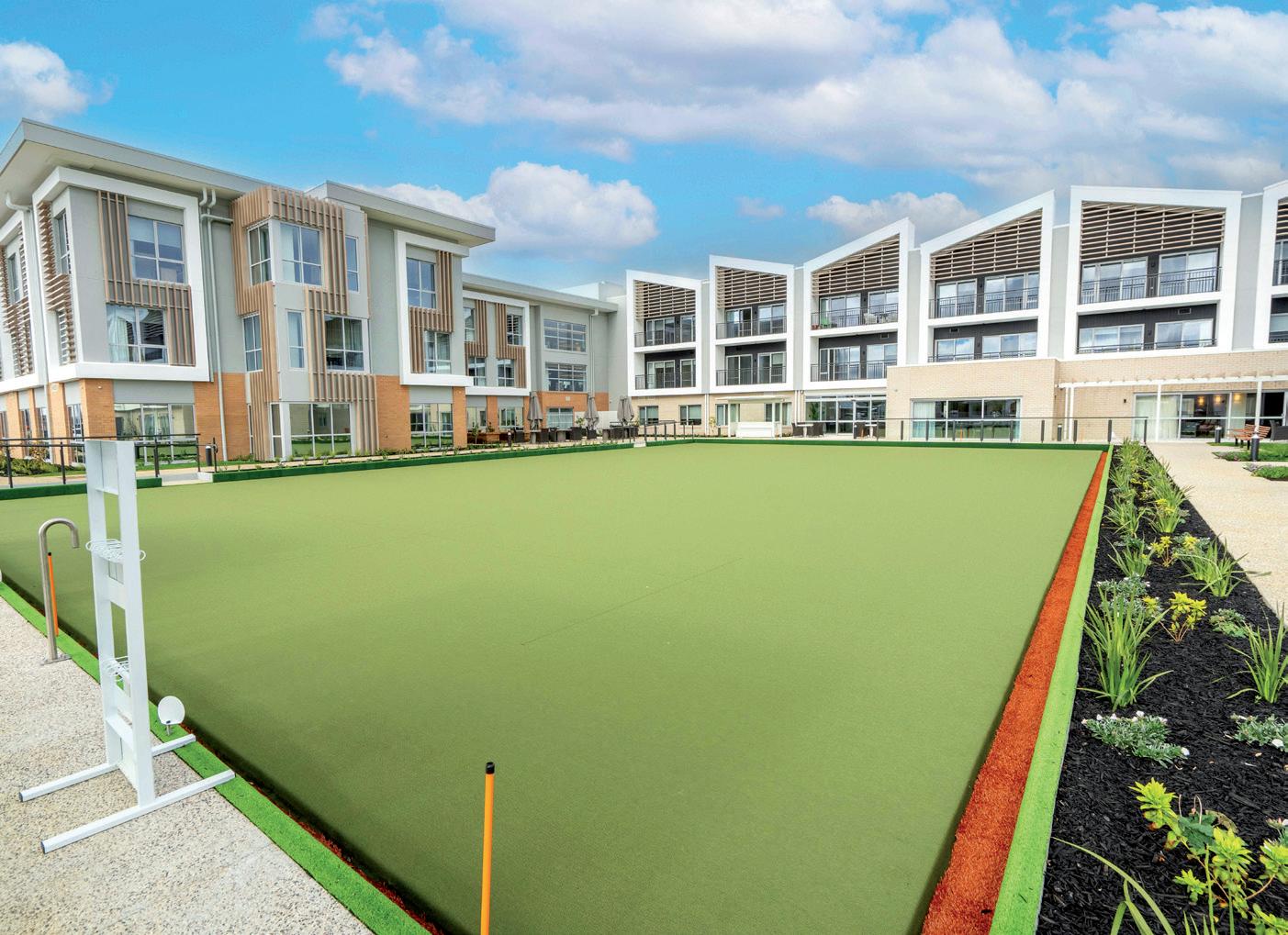
parcel of adjacent land in 2021, to accommodate a further 66 independent villas. The original 3.7ha village site welcomed its first residents in 2020. Ryman Healthcare Australia CEO Cameron Holland said the further expansion of Deborah Cheetham was driven by strong demand for quality retirement living and aged care option on the Bellarine Peninsula.
Continued on page 34.


Continued from page 33.
“Deborah Cheetham is a spectacular village and the demand for the full range of living and care options it offers has certainly exceeded what we expected when we first bought the site more than five years ago,” Holland said.
“The communal facilities and aged care centre are among the largest we’ve ever built, so it’s given us the opportunity to grow the village community over time and

give more locals the opportunity to move in. Older Aussies deserve the peace of mind from knowing that they can live full, active lives and have extra care and support right on their doorstep if they need it – and that’s exactly what Deborah Cheetham provides.”
The village also offers a full suite of communal amenities, including a bar, café, indoor swimming pool, gym, cinema, billiards room, library, and a workshop.
